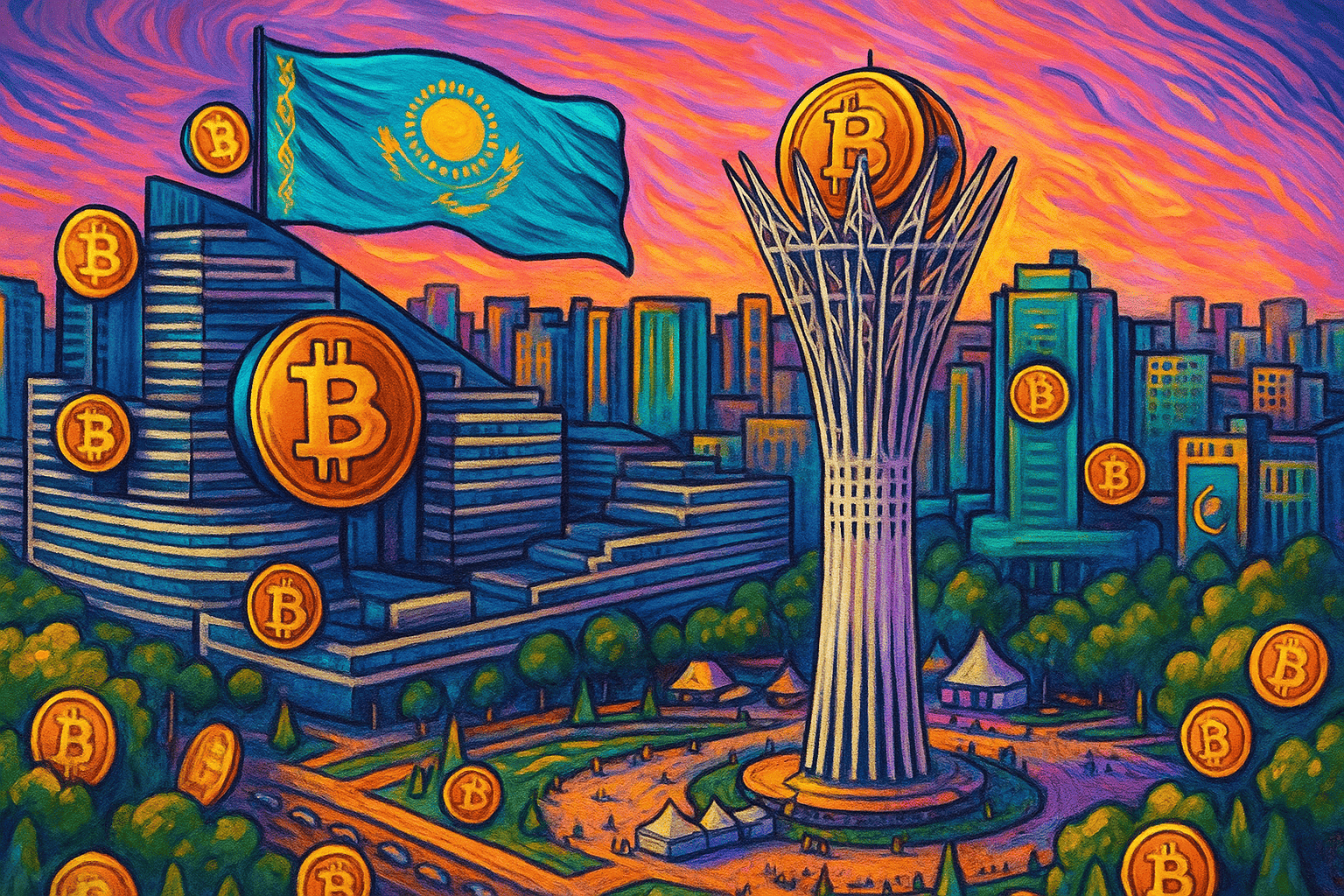Popular cryptos
Algorand
Download app Ironwallet and get tool for making transaction without network fee
About Algorand
Algorand is a permissionless, pure proof-of-stake blockchain network and cryptocurrency protocol founded in 2017 by Turing Award winner and MIT professor Silvio Micali. It aims to provide a scalable, secure, and decentralized platform for building decentralized applications and conducting transactions. The Algorand protocol was designed to solve major problems preventing mainstream blockchain adoption like scalability, security, and decentralization.
History and Creation of Algorand
Algorand was founded by Silvio Micali and a team of academics, engineers, mathematicians and cryptography experts. Micali is known for his pioneering work in cryptography and distributed computing. The initial version of the Algorand protocol was released in 2019 after $66 million was raised in a private token sale. An open-source version was made available soon after. The Algorand Foundation based in Singapore now supports development and promotion of the platform.
Key Features of the Algorand Blockchain
Some of the key features and technological innovations in Algorand include:
- Pure proof-of-stake (PPoS) consensus protocol
- Permissionless and open participation in consensus
- Rapid 12 second block finalization time
- Decentralized randomness generation
- Rekeying cryptographic sortition mechanism
These features allow Algorand to achieve the “trilemma” of decentralization, security and scalability – three key technical challenges facing blockchain platforms.
Consensus Mechanism
At the heart of Algorand is its unique pure proof-of-stake (PPoS) consensus protocol named Algorand consensus. It separates the network peers who propose new blocks from those who vote on block proposals. This permissionless and direct participation in consensus by all network users is secured through cryptography rather than computational resource allocation. It results in short ~4 second voting periods and ~12 second blocks. Attacks such as forking are mathematically impossible under this consensus design. The system has also been formally proven to provide transaction finality quickly.
Scalability
Due to its unique consensus design, Algorand offers performance that scales to several thousand transactions per second with extremely low latency. As the network grows, so can transaction throughput. Tests have shown Algorand can achieve 1,000+ TPS. Theoretically it can support billions of users. The scalability also makes Algorand suited for financial systems requiring high transaction volumes and short block times. As Algorand is further optimized, an order of magnitude increase in scalability to 45,000 TPS may be possible through pooling of transactions.
Decentralization
Algorand utilizes a cryptographic sortition protocol called Verifiable Random Function (VRF) for unbiased, random selection of stakeholders to participate in consensus voting. This allows for open participation and prevents centralization of influence over consensus. The founder’s addresses also do not receive any special privileges or biases. With 1000’s of nodes now running the network globally, Algorand is becoming highly decentralized.
Algorand’s Native Cryptocurrency (ALGO)
The native cryptocurrency of the Algorand blockchain is called ALGO. It is used to pay for transactions, run smart contracts and participate in consensus through node operation or delegation. Though currently inflationary to properly fund ecosystem growth, the token supply will become fixed in 2030. All ALGO token holders have the ability to participate in protocol governance through voting on proposals. There was initially no pre-mine or token sale for ALGO so distribution was through grants, developer incentives and community programs.
Algorand Standard Assets (ASAs)
On Algorand, users can create custom tokens to represent anything they want – from fiat currencies, securities to in-game items. These are known as Algorand Standard Assets (ASAs). Currently there are nearly 10 million ASAs created for DeFi apps, stablecoins, CBDCs and NFTs on Algorand. The ASA concept could replace complex smart contracts in many basic token generation use cases leading to simpler decentralized applications on Algorand.
Algorand Smart Contracts Capabilities
While Algorand was not originally designed for running turing-complete smart contracts like Ethereum, layer-2 solutions and upgrades are now bringing advanced contract capabilities to the platform. The initial focus was on enabling simple transfers of custom Algorand Standard Assets and atomic swaps capable of key financial exchange features. Support for general purpose covenants, restricted TEAL contracts and universal parallel contracts address growing developer demand for DeFi and business logic features without sacrificing performance.
Adoption and Main Use Cases
Initially, Algorand gained early traction in supporting tokenized fiat and asset trading pairs, atomic swaps, regulated stablecoins like USDC and simple contracts for lending protocols. It is now seeing growth in general purpose DeFi applications. CBDCs such as the Marshallese digital currency are also being deployed on Algorand. More advanced smart contract capabilities are enabling DeFi, institutional finance, supply chain tracking and healthcare apps on Algorand. NFT marketplaces feature artwork, music and collectibles from artists such as Insane Clown Posse. Overall, over 1000 applications have been built in domains like identity, credentialing, supply chain tracking and asset tokenization and exchange demonstrating Algorand’s range.
The open, public, permissionless and pure proof-of-stake nature of Algorand makes it appealing and well suited for building decentralized finance applications aimed at mainstream users. Expect Algorand’s adoption to keep growing in these areas.
Why the Algorand Market Cap Matters
Understanding the importance of the Algorand market cap is crucial for assessing its potential. It stands as an indicator of the currency’s overall strength and size, providing vital insights into its stability, investor confidence and potential for growth. Market cap, calculated by multiplying the total available supply of a cryptocurrency by its current price, also helps determine an asset’s rank compared to others. It is a key measure of risk, often used by institutional investors as an effective tool to diversify and balance portfolios.
In relation to Algorand, the market cap reflects its impressive infrastructure, robust protocol and the belief in its potential to spearhead key advancements in the crypto world. With a substantial market cap, Algorand not only evidences widespread trust but also showcases its capacity to compete with mainstream cryptocurrencies, thus making it worth monitoring. Remember, while market cap is undoubtedly significant, no single metric can provide a complete picture; therefore, examine it along with other indicators to make informed decisions about investing in Algorand.
What factors affect the price of ALGO?
Several factors can influence the price of ALGO. It’s particularly sensitive to market sentiment within the cryptocurrency globally as well as its own unique developments. Supply and demand dynamics play a crucial role. Increased adoption of ALGO for real-world applications can raise its demand and potentially its price. The algorithmic nature of Algorand also means that changes to or perceived flaws in its underlying protocol could affect its price. The overall health of the cryptocurrency market, driven by investor sentiment and macroeconomic conditions, also holds sway. Regulatory developments, such as legal acceptance or restrictions in key markets, can significantly impact ALGO’s price as well. Even technological advances in competing blockchains could stir price volatility. Lastly, the activities of ‘whales’ – individuals or organizations that hold significant quantities of ALGO, have the power to influence its price significantly. Therefore, keeping a watchful eye on these factors can provide insights into the potential price movements of Algo.





















